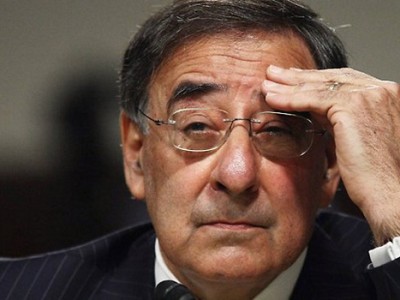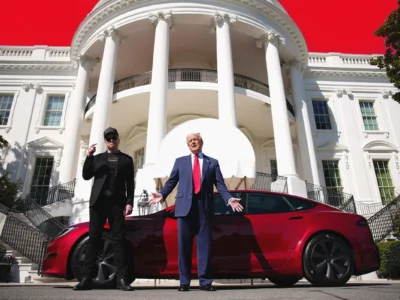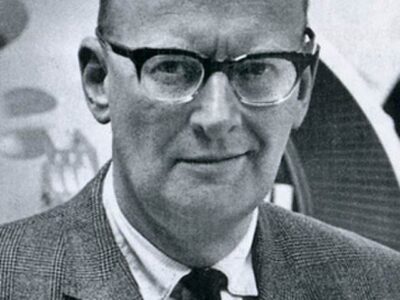Why Did Conservatives Support Saving Mono Lake?
The Skillful — and Lucky — Alliance Between Locals and Environmentalists
A little more than a year ago, I asked how the Mono Lake Campaign succeeded. I had previously suggested that a principal cause of the Mono Lake Committee’s success was the enemy: the arrogant, bullying, and reactionary Los Angeles Department of Water and Power. Everyone in the state “knew” that Los Angeles had “stolen” its water from the Owens Valley; it was relatively easy to assemble a political coalition against such an adversary. But using research of sociologist Marshall Ganz, I also wondered whether we could learn something about the success of Mono Lake from looking at similar environmental movements at the time that had failed.

Now, I think I found one: the proposed national park at Big Sur, which came to a head in 1978 — roughly the same time as the Mono Lake dispute. Environmentalists wanted it. Ansel Adams wanted it, and started a huge campaign for it. Most importantly, the local Congressmember, Leon Panetta (yes that Leon Panetta) wanted it. But it died.
Why? Because the locals in Big Sur hated the idea of federal interference. They lobbied and got the thing killed. That is not surprising. Quite often, local interests don’t want outside environmentalists coming in and telling them what to do.
Now, if anyone would have shared such an attitude, it was the pretty conservative people of the Owens Valley, whose last experience with the federal government on the issue occurred in 1906, when Theodore Roosevelt decided to provide federal rights-of-way to the Los Angeles Aqueduct, dooming agriculture in the Owens Valley. Yet at Mono Lake, the locals, while initially suspicious, came around to allying with the Mono Lake Committee. Why?
Well, consider that the biggest reason for local interests to oppose environmental protection is the fear that it will quash local economic development. But at Mono Lake, that wasn’t an option. Either the water would be used to preserve Mono Lake, or it would go to Los Angeles. But it would never go to Mono Basin agriculture. Presented with that choice, it’s pretty easy to see in retrospect why the locals would side with the Mono Lake Committee. They could sock it to the Evil Empire of the south, and maybe put together some tourist business. With those odds, it’s no wonder that the Mono Lake Committee could get support from otherwise conservative rural legislators and groups.
The question now is whether contemporary environmentalists can develop a similar strategy for modern-day struggles. That research has yet to be done: President Obama has been aggressive in his power under the Antiquities Act, and (usually) Presidents do not do that over local opposition. But the overall message for environmentalists to use to the locals is important: you won’t get a dime out of this. Don’t let outsiders come in a spoil your neighborhood. Sometimes it’s even true.
Reader Comments
2 Replies to “Why Did Conservatives Support Saving Mono Lake?”
Comments are closed.







Great post, Jonathan. Maybe some parallels to Tea Party support for rooftop solar against attempts by corporate utilities to tax or slow down its growth. They don’t see the utilities as part of their tribe, and solar is a way to stick it to them.
I’ve wondered if libertarians could be convinced that personal independence from government includes being less dependent on government-provided resources like energy and water. Maybe some of them can go for that.
Thanks, Brian. The problem is that the vast majority of people who call themselves “libertarians” are just Movement Conservatives uncomfortable with the Christian Right. They very rarely follow libertarian principles all the way, and certainly not with any fervor. I hope that they prove me wrong; the Koch Brothers of all people are supporting criminal justice reform, but their hostility to a revenue-neutral carbon tax tells me that they are just plutocrats dressed up in libertarian clothing, as are most of so-called libertarians.